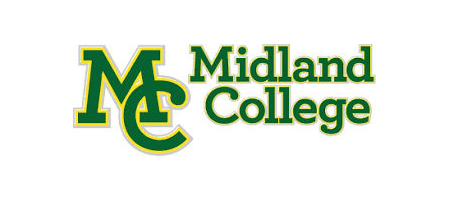MIDLAND On May 25, Midlanders learned that State Rep. Tom Craddick secured $86.7 million in funding for a 100-bed expansion of the Permian Basin Behavioral Health Center. This additional funding will expand the planned 100-bed center to a 200-bed facility and will allow for a $1.75 million Mental Health Workforce Training Program at Midland College (MC), a Thursday press release detailed.
According to Midland Health, the new Permian Basin Behavioral Health Center’s biggest challenge will be staffing. The center will employ over 300 staff members, including nurses, licensed professional counselors, social workers and psychiatric technicians who are in limited supply in the region.
A report from the Meadows Mental Health Policy Institute stated, “In Texas the most urgent current crisis is staffing for hospital facilities. The main limiting factors are not physicians and licensed mental health professionals (though these staff are also in short supply), but rather the nurses and paraprofessional psychiatric technicians who operate the units.”
To help alleviate the mental health workforce shortage, Midland College is currently developing curriculum for an Inpatient Psychiatric Technician credential.
“This certification program will provide upskilling, re-skilling and certificate stacking opportunities for paraprofessionals and entry-level health care providers,” MC President Dr. Steve Thomas said in the release. “Our goal is to enhance interest in joining the mental healthcare workforce and provide credentials that increase an individual’s labor market value.”
Thomas said that not only will the training help meet the growing needs for a behavioral health workforce, but also will provide an incremental milestone on the path to associate degree completion. In addition to the Inpatient Psychiatric Technician program, the college plans to also develop curriculum to include a Certificate of Behavioral Health Care Manager in Primary Care (CoCM) and a Certificate for Qualified Mental Health Professional Assistant to support outpatient community-based services.
“It is our goal to provide education and training that expands the behavioral health workforce to peer support specialists, non-traditional health workers and community health workers who live and work in our community,” Thomas said.




